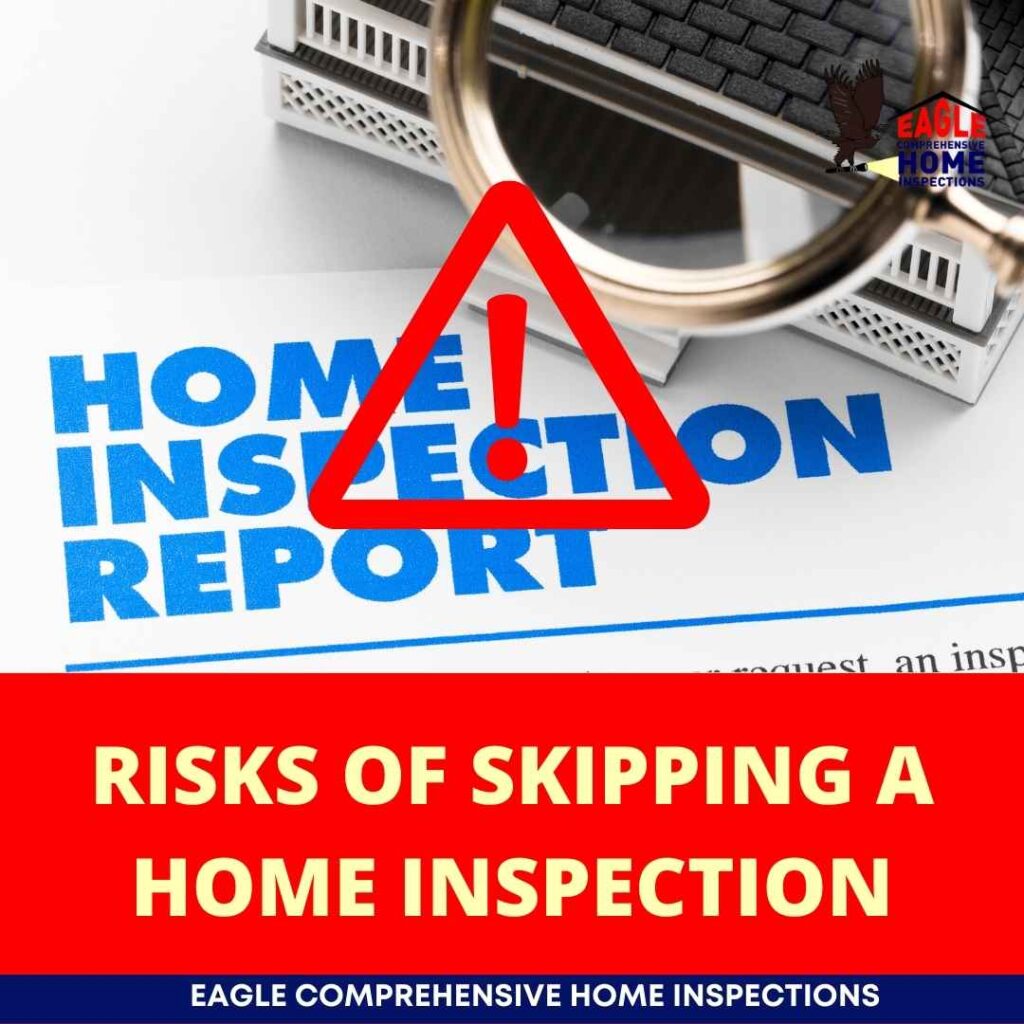Introduction
Thinking of skipping a home inspection? You may have a better chance of sealing the deal, but there are significant risks involved. The housing market is red-hot right now, sparking a trend among home buyers to skip home inspections to nab their dream home ahead of other offers. Before you make an offer on an uninspected house, make sure you’ve carefully considered what negotiating away a home inspection contingency is costing you and how you might mitigate the risks. Here is an overview of the risks associated with foregoing an inspection, and some alternative solutions to avoid a severe case of buyer’s remorse.
The Hidden Costs of Skipping a Home Inspection
As with any major purchase, buying a home requires a significant amount of due diligence to protect your interests and make an informed decision. A thorough, professional home inspection is a fundamental piece of the information puzzle. It’s nearly impossible to gain a complete and accurate overview of the home without it.
Here are a few of the main issues you may not learn about when you waive your right to a home inspection:
Unknown safety hazards
Without a home inspection, you may not learn about pressing safety issues that should be addressed before closing. Home inspections take several hours to conduct, and many safety issues will only be identified in the course of a normal home inspection. This includes concerns such as electrical hazards, fire hazards, and carbon monoxide hazards.
There have been many instances when major safety problems have been found in a house. For example, a home inspector once discovered an animal nest blocking the chimney, resulting in carbon monoxide poisoning for the current occupant.
Need for expensive repairs or replacements
You may think that major structural or maintenance issues requiring extensive (and expensive) work would be obvious, but most larger, more serious home inspection findings are a surprise to the buyer. Many problems that might give a home buyer pause are hidden by nature or by design, and it takes an experienced home inspector to uncover them. Major issues like leaks painted over or costly brick foundation replacements may come to light during a home inspection.
No maintenance plan for the home
Unlike vehicles, homes don’t come with a maintenance manual. When you get a home inspection, you’re not just getting a professional honey-do list. Home inspectors also provide advice about the future maintenance needs of a home to help ensure that the new owners are well-educated. Knowing what big jobs may be coming in the next five to 10 years allows homeowners to create a financial plan and be prepared for them.
Home Inspection as a Bargaining Chip
Besides offering a potential home buyer valuable insights into the true condition of a home, a home inspection can also figure heavily into negotiating the final selling price and other related costs. When given the option between a bid contingent on a home inspection and a bid that isn’t, most sellers will choose the latter. Forgoing an inspection has consequences, including having one less bargaining tool and surrendering a legal contractual out.
Home Inspection a Non-Starter? What You Can Do Instead
If you absolutely must negotiate away a home inspection contingency, there are some ways to mitigate your risk as a home buyer that provide limited insight into the true state of the property. You can ask to see any recent inspections done on the property, schedule a walk-through with a home inspector, or have a knowledgeable friend take a look. While these alternatives may not offer the same level of comprehensive analysis as a professional home inspection, they can still provide some information to inform your decision.
You’ve Bought a Home Without an Inspection. Now What?
If you have already purchased your home without an inspection, it is still wise to have one done after closing. A home inspection can help identify any safety or maintenance issues in the home, allowing homeowners to address them and prevent further problems down the line. Maintenance inspections for existing homeowners are important for staying aware of the condition of the home and ensuring necessary repairs or maintenance tasks are taken care of.
Conclusion
Skipping a home inspection may seem tempting in a competitive real estate market, but it comes with significant risks. By forgoing an inspection, you may be unaware of safety hazards, costly repairs, or the future maintenance needs of the home. A home inspection also serves as a bargaining chip and provides a legal contractual out if major issues are discovered. If you choose to skip an inspection, consider alternative measures to mitigate your risk. And if you’ve already purchased a home without an inspection, it’s not too late to have one done to ensure the safety and maintenance of your new property. Remember, an ounce of prevention is worth a pound of cure.

